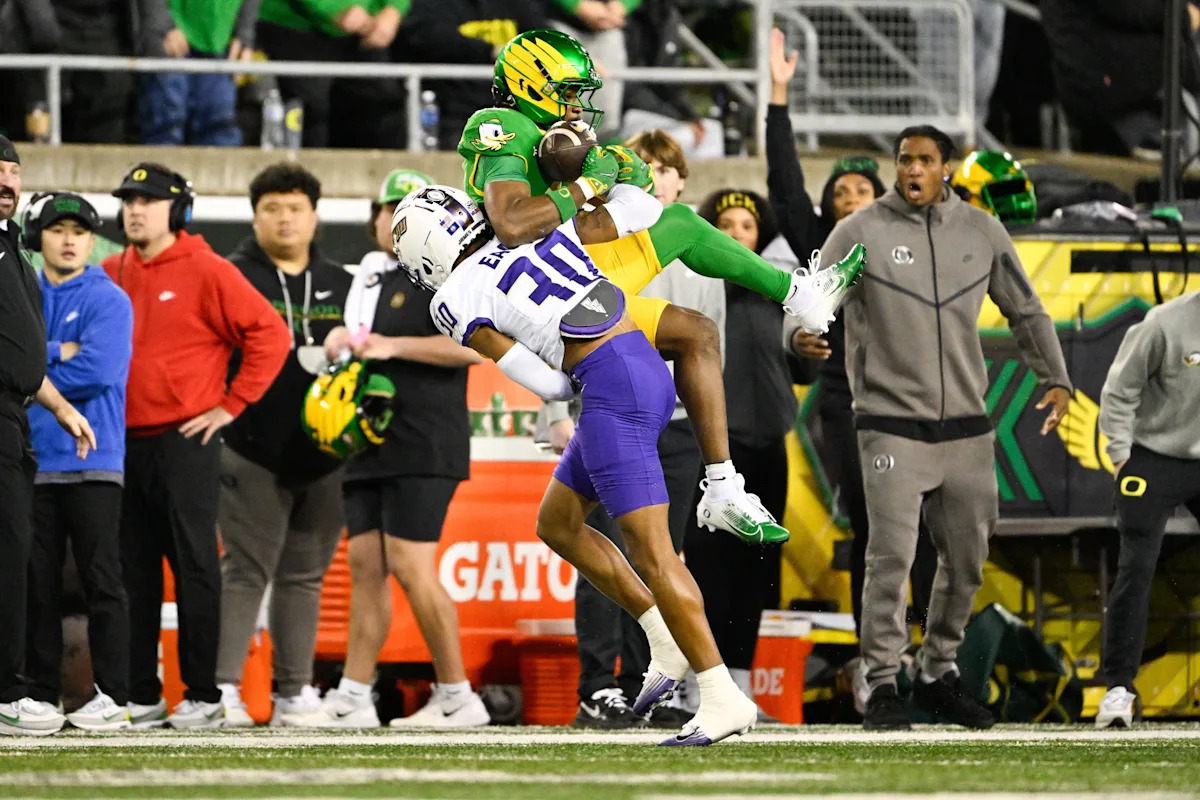By Martin Graham
A recent study has uncovered that gambling promotion remains widespread in Premier League broadcasts despite measures intended to limit its presence.Researchers from the University of Bristol recorded 5,262 gambling-related messages during coverage of Manchester City’s 4-0 victory over Wolves on 16 August. This figure represents the highest volume of visible betting content during live play since the study began in 2023.
An overwhelming 91% of these adverts appeared while the ball was in play, with only 9% taking place in pre- or post-match segments.
Whistle-to-whistle rules failing to stem exposure
In 2019, betting operators agreed to a voluntary “whistle-to-whistle” restriction, blocking television gambling commercials from five minutes before kick-off until five minutes after the final whistle. However, this policy ends at 9pm and does not apply to other forms of promotion, including shirt logos, electronic boards along the pitch, or branded features within the stadium itself.
Data collected from the opening round of this season’s fixtures revealed 13,200 gambling messages broadcast in the UK during the supposed ban period, representing a 32% rise from the previous year.
Sir Iain Duncan Smith MP, who chairs the Gambling Reform All Party Parliamentary Group, called the figures “astonishing”, accusing the industry of failing to honor its promises of restraint. He argued that the current system is “far too limited and ineffective” to protect viewers.
Overall advertising remains high despite slight drop
Across the entire opening weekend of Premier League matches, 27,440 gambling messages were recorded. Although this marks a small decline compared with last season, it remains more than triple the amount documented in 2023.
The tally includes every visible gambling reference across televised match coverage, as well as mentions on TalkSport, Sky Sports News, and various social media platforms.
Calls for stronger government intervention
There is increasing pressure for stricter regulation of gambling promotion, similar to the 2002 prohibition on tobacco advertising. In 2023, the Gambling Commission recommended that the government introduce controls on the scale and frequency of betting promotions within professional sports venues.
Lord Foster of Bath, who leads Peers for Gambling Reform, said the government should “step in to reduce people’s and particularly children’s exposure to gambling advertising that we know can lead to harm.” He added that the necessary legal powers are already in place.
The Department for Culture, Media and Sport acknowledged that more work is required to make sure gambling advertising is “appropriate, responsible, and does not exacerbate harm,” adding that officials are reviewing evidence and liaising with the industry to improve standards.
Unlicensed operators and overseas targeting
The University of Bristol’s research also found 2,412 messages advertising 13 companies that do not hold UK operating licenses. Several top-flight clubs feature sponsors aimed at international markets, especially in China, taking advantage of the league’s global reach.
While these companies do not serve British customers directly, their branding can still prompt betting behavior among UK audiences if their logos or names are recognized.
Voluntary measures under scrutiny
The Gambling Commission’s annual report estimates that as many as 1.4 million adults in the UK experience gambling problems.
Dr. Raffaello Rossi, one of the study’s authors, said that “the Premier League is now so saturated with gambling marketing that brands are fighting each other for every inch of advertising space,” adding that self-regulation “has failed” and currently protects industry profits rather than supporters.
Although Premier League clubs have agreed to end front-of-shirt betting sponsorship from next season, critics fear companies are simply shifting strategies rather than reducing their presence.
Duncan Smith described the move as “tokenistic” and argued that regulators have been unable to adequately safeguard consumers.





















/EXCLUSIVEINTERVIEW%20FEATURE%20V5%20-%20single%20arty%20image%20(10).webp?ssl=1)


